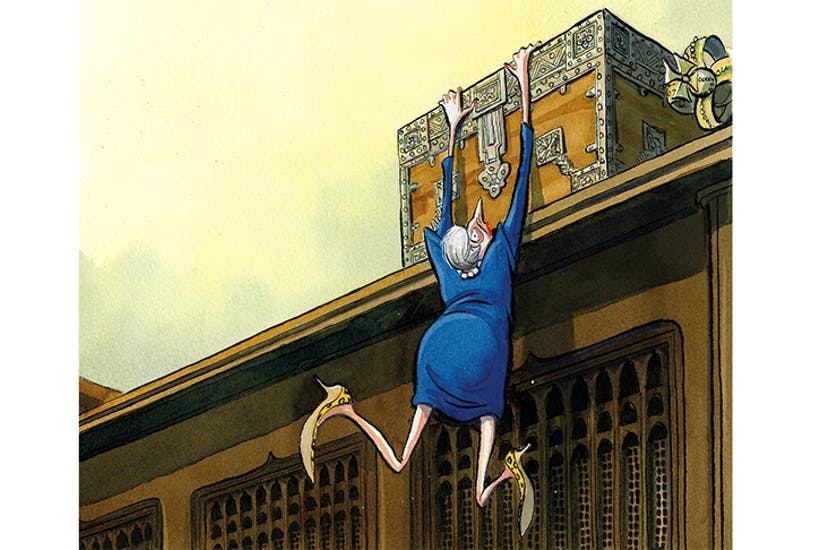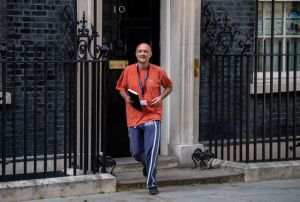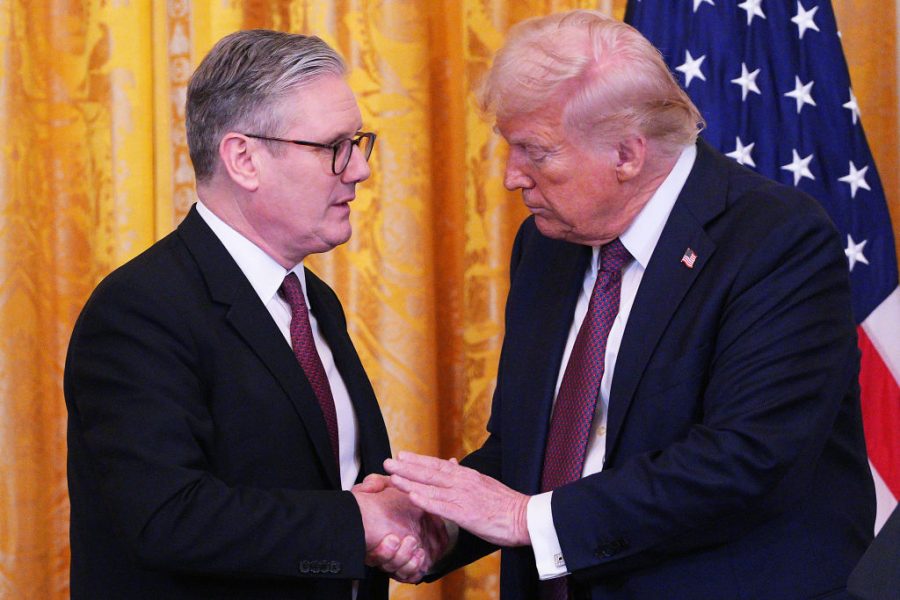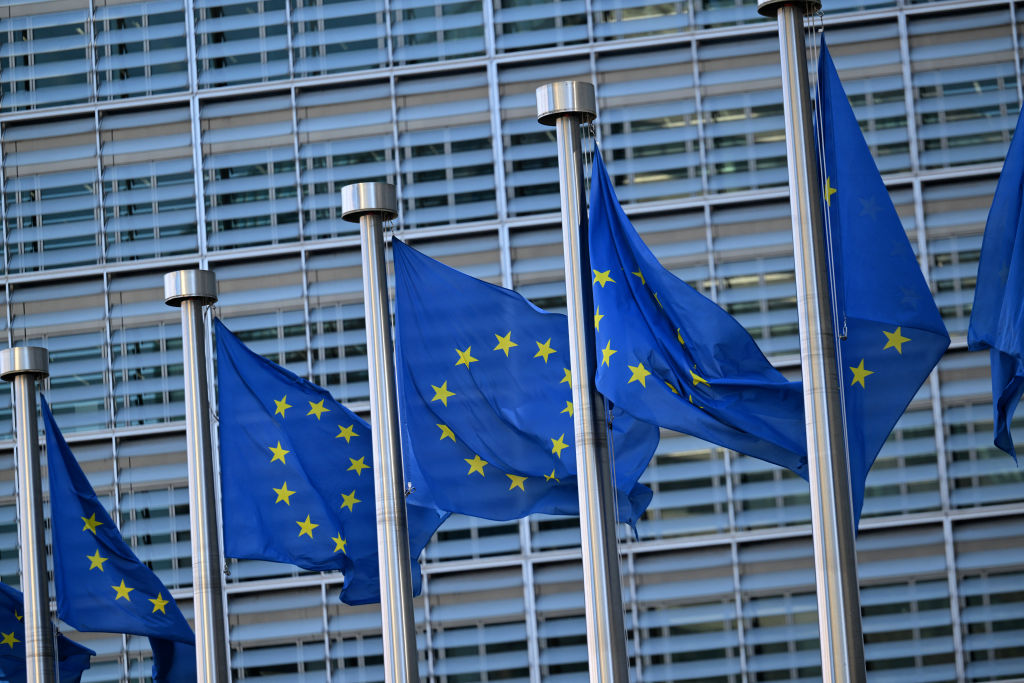Late last night, there was a sense of optimism among British government ministers that Theresa May’s revised deal might have a chance of passing. But those hopes were crushed this morning by Attorney General Geoffrey Cox’s blunt legal advice. With Cox declaring that the legal risk was unchanged, the Democratic Unionist Party were never going to back the deal. That in turn meant the bulk of the Brexiteers in the European Research Group wouldn’t either.
In the end, the withdrawal agreement went down by 149 votes — at the worst end of expectations. ‘I profoundly regret the decision that this House has taken tonight,’ May said upon defeat. ‘I continue to believe that by far the best outcome is that the UK leaves the EU in an orderly fashion with a deal, and that the deal we have negotiated is the best and indeed the only deal available.’
The Prime Minister immediately declared that there would be a vote on no deal tomorrow, and it would be a free vote. Her justification for this was the referendum precedent, but for the governing party to have no position on the most important issue to come before the Commons in years is remarkable.
No deal will almost certainly be voted down tomorrow. The Commons will then on Thursday likely vote for the government to request an extension to Article 50.
Cabinet ministers suspect that even after the size of this defeat there might be a third meaningful vote on this deal. Their logic is that the European Research Group will surely see that an extension will only lead to, at the least, a softer Brexit. But the sixty-odd Tory Brexiteers who voted against Theresa May’s deal seem remarkably unconcerned about what will follow its rejection .
This article was originally published on The Spectator’s UK website. Listen to James Forsyth and Katy Balls’s analysis from the House of Commons below.

























